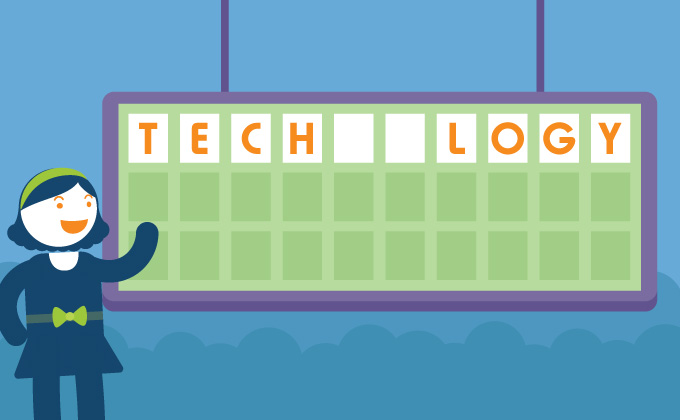If The Terminator franchise has taught me anything (and it has), it’s that more technology isn’t always a good thing. For the most of us, we spend the majority of our days completely reliant on technology – be it for business, pleasure, or to take pictures of our over-priced breakfasts #breakkie #getinmybelly #goodeats. But for all the business advantages that technology allows, there’s one major drawback that we must consider, so the machines don’t truly rise up and take over: personality.
In a study conducted by Stellaservice.com, Amazon was ranked as the number one American internet retailer for the percentage of phone calls answered by real people. And it makes sense that Amazon is also the number one retailer within the U.S.
I’m going to go out on a limb here and assume that this correlation doesn’t surprise you. But why does Amazon find it so important that you speak to a real person? Amazon is a huge company, and it’d be much easier and financially economical to automate their phone system and customer service experience. But would it gain or retain customers? Sometimes you have to give more to get more, and Amazon is certainly getting its fair share.
Amazon wants you to speak to a real person because you, the customer, want to speak to a real person. Customers want reassurance, validation and clarification. Automation can often drive customers away, especially if they have a very specific problem that your system may not understand. Automation can certainly be a good thing when used correctly, but overuse it, and it might just be the last time you hear a customer say “I’ll be back.”
You Can’t Spell ‘Technology’ Without ‘No’

Often customers want to speak face-to-face or over the phone with a real person because they want their problem resolved quickly. Sometimes, a customer may just want a sympathetic ear to vent their frustration to. They want someone to care. What happens when your automated tech system doesn’t have the answer? It probably goes a little something like this:
For all other options, hold the line to speak to an operator.
If this doesn’t solve your problem, contact us directly.
Why do you think there’s always a real person working in the self checkout section of the supermarket? It’s inevitable that the technology will break down. Technology doesn’t care. Technology is apathetic. When your phone or email account asks you how you are, they don’t really care. Your email account isn’t a sentient being capable of conscious thought. It doesn’t want to know what you got up to on the weekend or how your kids are doing in school. Remember: customer service is an experience. Make your customers remember theirs for the right reasons. For the positive reasons.
Balance is Key
Don’t get me wrong here – I’m not suggesting we scrap automation all together, and go back to writing under candle light with a quill and ink. This isn’t Y2K. Technology and automation have their place. When I’m ordering 5kg of Gummy Bears online, I’d much rather avoid the shame of speaking to someone directly. However, if something was to happen to my package during transit, you can be certain that I’m going to want to speak to someone who can help me get to the bottom of what’s happened to my sweet, sweet gummies. Automation and customer service don’t have to be oxymoronic. There should be a balance that’s both intuitive and enjoyable for customers.











